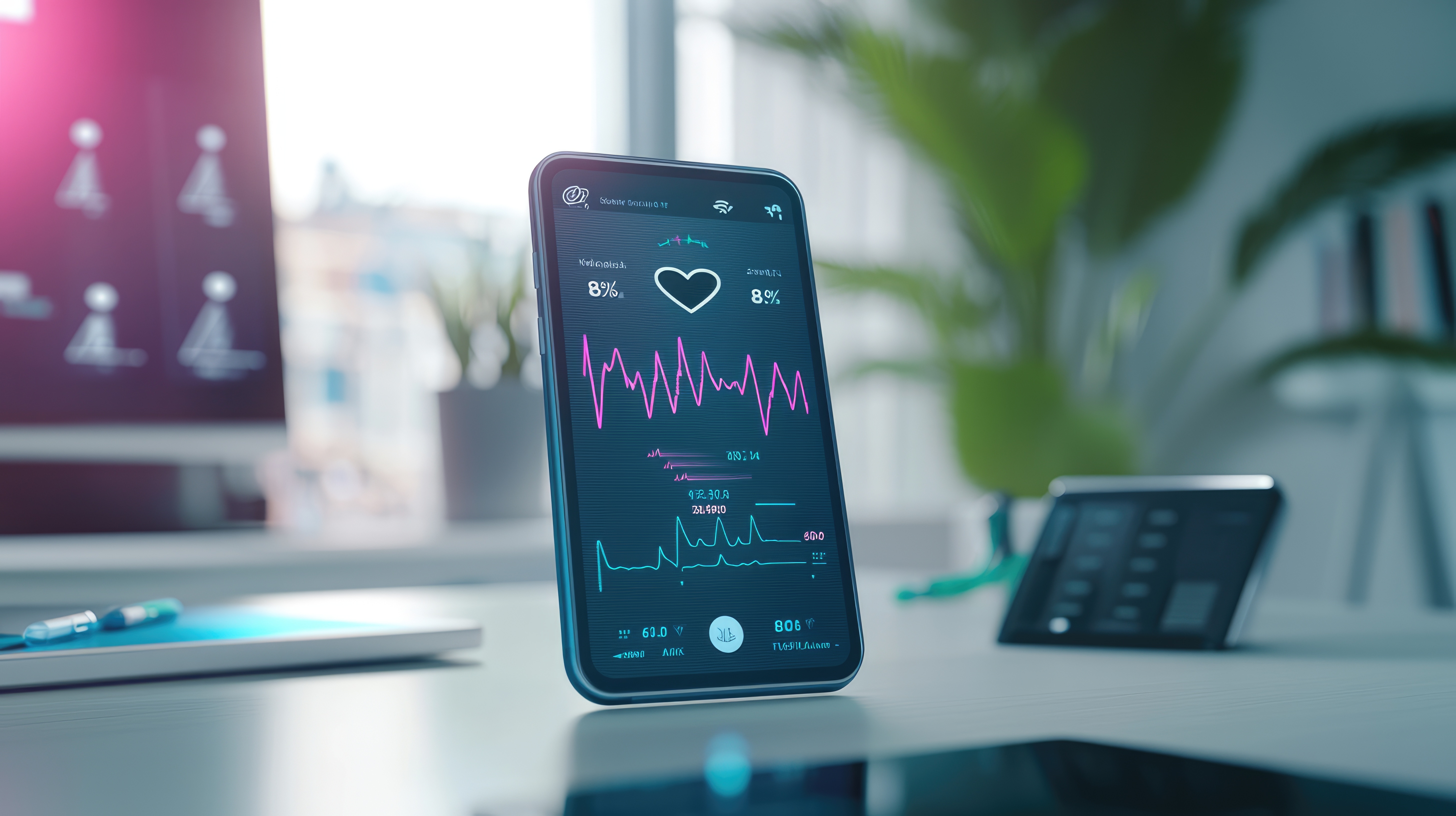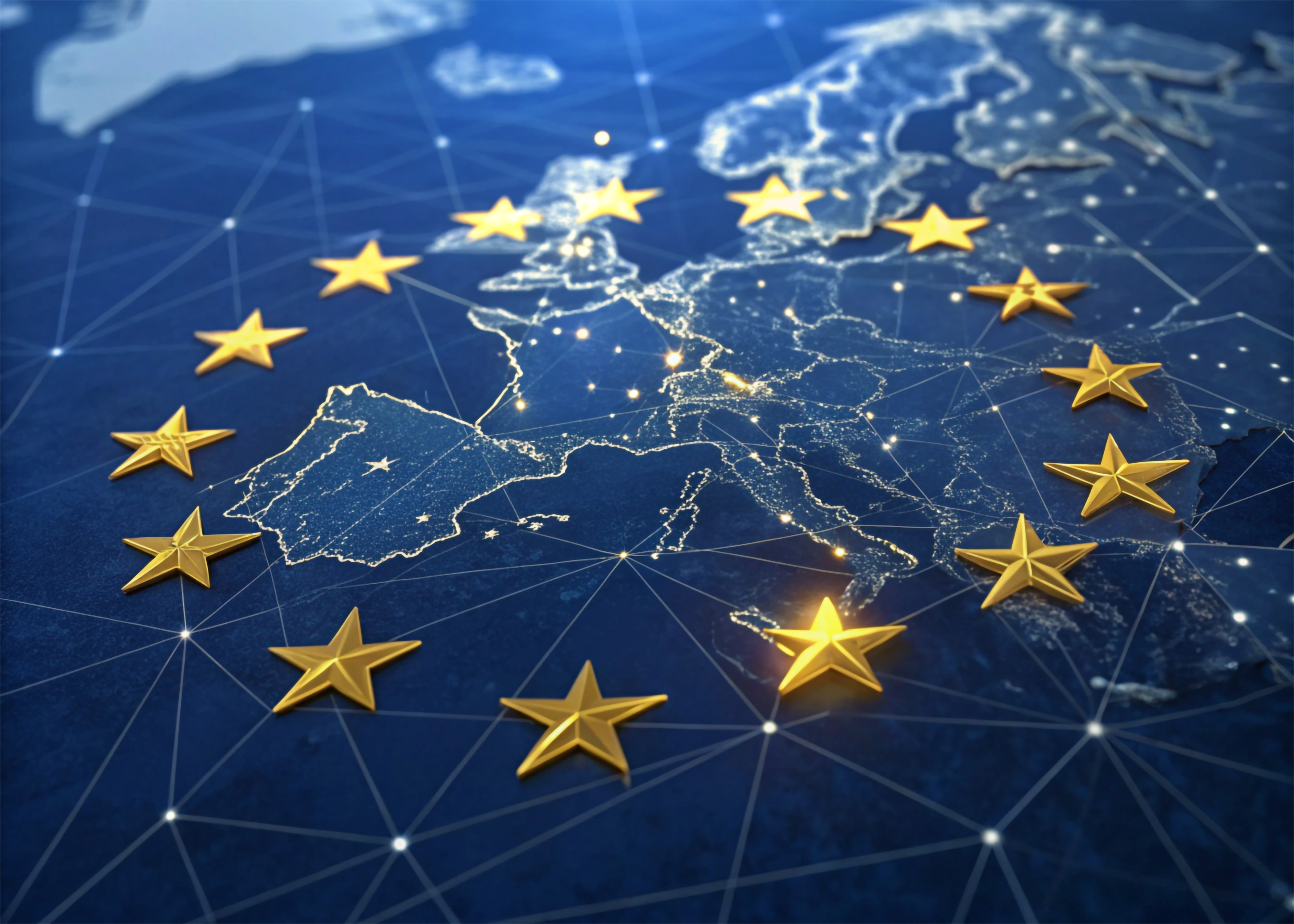How willing are Americans to trade privacy for the promise of improved, data-driven healthcare? The Trump administration may soon find out as it rolls out a new plan to collect data without the guardrails that privacy experts typically believe are necessary.
The government is on the brink of launching what may become the most ambitious health data initiative in U.S. history, yet the safeguards appear lagging far behind the ambition (The Guardian, 2025).
The new initiative invites Americans to upload their most sensitive medical information into a system powered not by government infrastructure but by a constellation of private-sector platforms. Among the tech partners: Google, Amazon, Noom, and Apple Health. Among the goals: tracking chronic conditions like diabetes, enabling AI-powered diagnostics, and centralizing patient histories under a unified digital umbrella.
At first glance, the pitch is familiar. Convenience, efficiency, interoperability. No more fax machines to transfer lab results. No more lost records when switching providers. But underneath the tech optimism, there is a tangle of privacy questions, ethical red flags, and regulatory blind spots that industry experts warn have not been adequately addressed.
The main concern is data governance. Who ultimately owns and controls this deeply personal health information once it enters these third-party platforms? Most of the companies involved are not bound by HIPAA, leaving enforcement of privacy principles up to corporate policy rather than federal mandate.
For all the promise, the ethical and legal calculus remains unsettled. Originally pressed to “opt in,” patient data will now be accessible by private tech companies—and possibly used beyond care. With 60+ tech companies onboard—including giants not governed entirely by HIPAA, some experts fear the initiative is more about building data pipelines than protecting hospital patients. Just months earlier, the Trump administration shared Medicaid enrollees data with ICE and the Department of Homeland Security, impacting 79 million individuals, an occurrence that prompted lawsuits from 20 states (AP News, 2025). This history has amplified concerns that healthcare initiatives are increasingly being used as Trojan horses for surveillance and behavioral tracking. When convenience is used to override consent, privacy becomes a casualty.
Still, the ambition doesn’t stop at records. Secretary of Health Robert F. Kennedy Jr. envisions smart wearables becoming ubiquitous within four years, raising additional fears that health and location data could be used to monitor movements, medical decisions, or politically sensitive behaviors (ABC News, 2025). Wearables, although beneficial in chronic care management, also represent a new vector for data extraction. Continuous monitoring of vitals, sleep, and even emotional states can easily cross the line into profiling, especially if monetized or shared across platforms.
Add this to the reality that centralized health data represents a high-value target: breach or misuse here carries devastating consequences, not just identity theft, but exposure of mental health treatment, reproductive history, or substance use.
Trump’s initiative could transform how the health community manages chronic disease, navigate hospitals, and how individuals engage with their own health on a daily basis. But it also raises sharper, more urgent questions:
- Consent vs. Control: Do patients truly understand how their data might be used or monetized?
- Privacy vs. Progress: What protections are in place to prevent data misuse—even if collected with consent?
- Data Sovereignty: Who owns and controls aggregated health data once tech giants have access?
.png?width=1816&height=566&name=brandmark-design%20(83).png)



